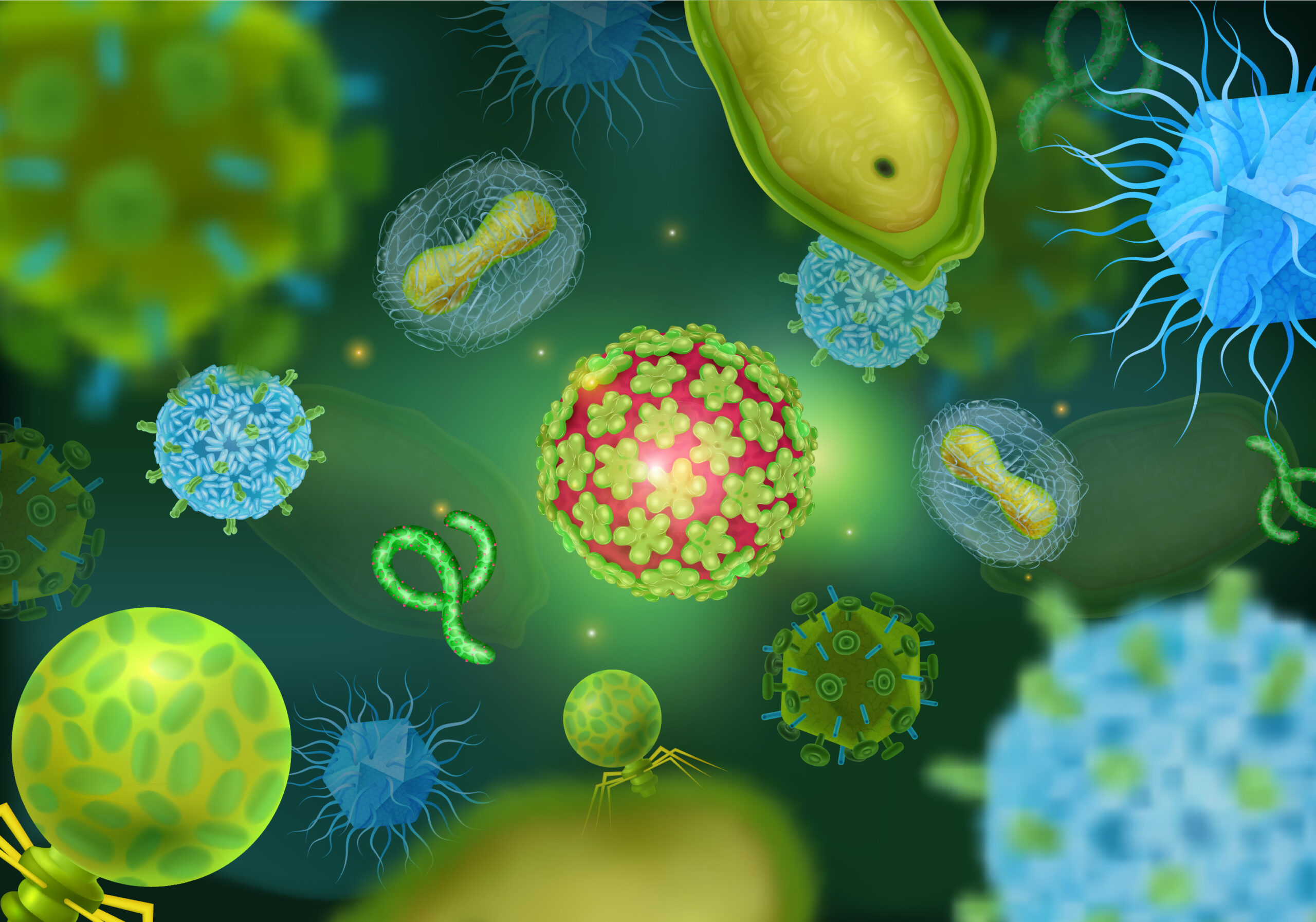The World Health Organization (WHO) has granted prequalification to the molecular diagnostic test for tuberculosis (TB) called Xpert® MTB/RIF Ultra. It is the first test for TB diagnosis and antibiotic susceptibility testing that meets WHO’s prequalification standards.
Tuberculosis is one of the world’s leading infectious disease killers, causing over a million deaths annually and imposing immense socioeconomic burdens, especially in low- and middle-income countries. Accurate and early detection of TB, especially drug-resistant strains, remains a critical and challenging global health priority.
“This first prequalification of a diagnostic test for tuberculosis marks a critical milestone in WHO’s efforts to support countries in scaling up and accelerating access to high-quality TB assays that meet both WHO recommendations and its stringent quality, safety and performance standards,” said Dr Yukiko Nakatani, WHO Assistant Director-General for Access to Medicines and Health Products. “It underscores the importance of such groundbreaking diagnostic tools in addressing one of the world’s deadliest infectious diseases.”
WHO prequalification of this test is expected to assure quality of diagnostic tests used to improve access to early diagnosis and treatment. It complements WHO’s endorsement approach, which is grounded in emerging evidence, diagnostic accuracy, and patient outcomes alongside considerations for accessibility and equity, with prequalification requirements on quality, safety, and performance.
WHO’s assessment for prequalification is based on information submitted by the manufacturer, Cepheid Inc., and the review by Singapore’s Health Sciences Authority (HSA), the regulatory agency of record for this product.
Designed for use on the GeneXpert® Instrument System, this nucleic acid amplification test (NAAT) Xpert® MTB/RIF Ultra detects the genetic material of Mycobacterium tuberculosis, the bacterium that causes TB, in sputum samples, and provides accurate results within hours. Simultaneously, the test identifies mutations associated with rifampicin resistance, a key indicator of multidrug-resistant TB.
It is intended for patients who screen positive for pulmonary TB and who have either not started anti-tuberculosis treatment or received less than three days of therapy in the past six months.
“High-quality diagnostic tests are the cornerstone of effective TB care and prevention,” said Dr Rogerio Gaspar, WHO Director for Regulation and Prequalification. “Prequalification paves the way for equitable access to cutting-edge technologies, empowering countries to address the dual burden of TB and drug-resistant TB.”
In a joint effort by WHO Global TB Programme and the Department of Regulation and Prequalification to improve access to quality-assured TB tests and expand diagnostic options for countries, WHO is currently assessing seven additional TB tests.
World Health Organization







OTHER ARTICLES
Editorial — Prevent, inform, and act for women’s health in Africa
Kenya : Government Prioritises Maternal Health and Strengthens Support for Community Health Promoters
Strengthening pandemic prevention, preparedness, and response capacities in Senegal using the “One Health” approach